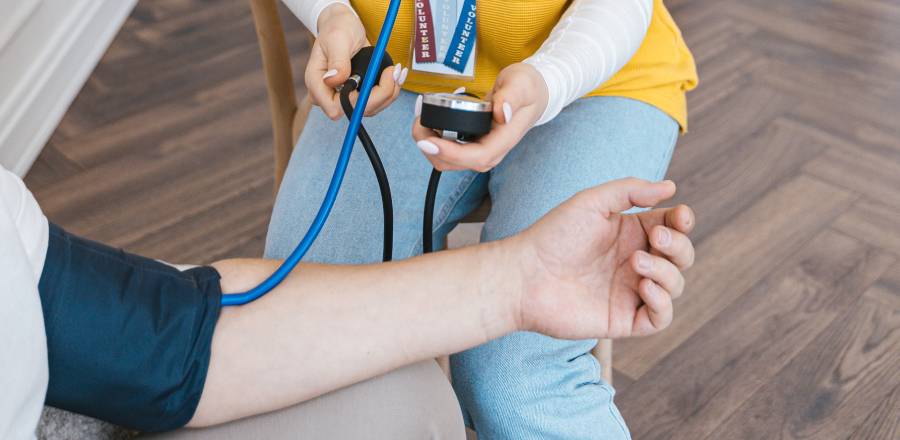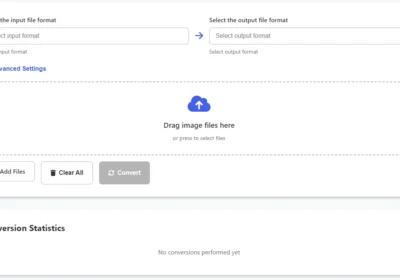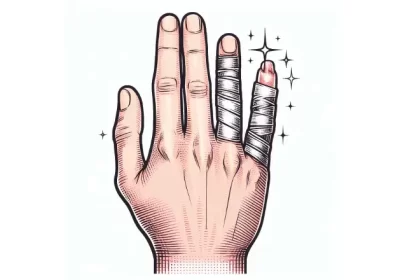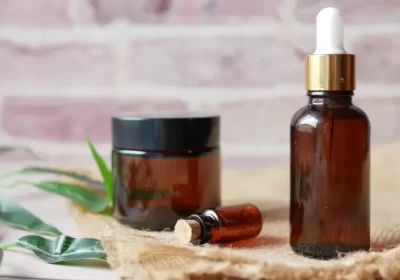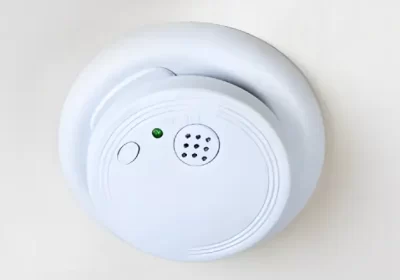High blood pressure, also known as hypertension, affects millions of people worldwide, and is a leading cause of heart disease and stroke. If left uncontrolled, it can cause damage to the heart, kidneys, and other organs. The good news is that in many cases, lifestyle changes can help to reduce high blood pressure without the need for medication. In this article, we will explore some of the most effective ways to lower blood pressure and promote overall health.
Reducing sodium intake is one of the most important steps in controlling high blood pressure. Sodium, which is found in table salt and many processed foods, can cause the body to retain excess water, which can lead to high blood pressure. By cutting back on sodium, you can help to reduce the amount of water in your body and lower your blood pressure. To do this, it is important to read food labels carefully and avoid foods that are high in sodium. Instead, focus on fresh fruits and vegetables, whole grains, and lean proteins.
In addition to reducing sodium intake, increasing your intake of fruits, vegetables, and whole grains can also help to lower blood pressure. These foods are rich in vitamins, minerals, and fiber, which are important for overall health. Studies have shown that people who follow a diet that is high in these foods and low in fats can reduce their blood pressure in a small, but significant way.
Exercise is another important factor in reducing high blood pressure. Regular physical activity can help to improve cardiovascular health, increase strength and flexibility, and reduce stress. It is recommended that adults get at least 150 minutes of moderate-intensity exercise per week, such as brisk walking, cycling, or swimming. In addition to helping to lower blood pressure, regular exercise can also help to prevent obesity, which is a risk factor for high blood pressure.
Stress management is also important for reducing high blood pressure. Chronic stress can cause the body to release hormones that can raise blood pressure, so finding ways to manage stress is essential. This can include activities such as meditation, yoga, or deep breathing exercises. Talking to a therapist or joining a support group can also be helpful in managing stress.
Limiting alcohol and caffeine intake can also help to reduce high blood pressure. Drinking alcohol in moderation, which is defined as no more than one drink per day for women and two drinks per day for men, can be beneficial for cardiovascular health. However, drinking more than this can raise blood pressure and increase the risk of heart disease. Caffeine can also raise blood pressure, so it is important to limit your intake of coffee, tea, and other caffeinated beverages.
If you smoke, quitting is one of the most important steps you can take to reduce high blood pressure. Smoking can damage the blood vessels and cause the heart to work harder, which can lead to high blood pressure. Quitting smoking can be challenging, but there are many resources available to help, including nicotine replacement therapy, medication, and support groups.
Reducing high blood pressure requires a comprehensive approach that includes changes to diet, exercise, stress management, and other lifestyle factors. By making these changes, you can help to lower your blood pressure and reduce your risk of heart disease and other health problems. However, it is important to discuss any lifestyle changes with your doctor, who can provide guidance and monitor your progress. With commitment and dedication, it is possible to achieve a healthier, happier life.

